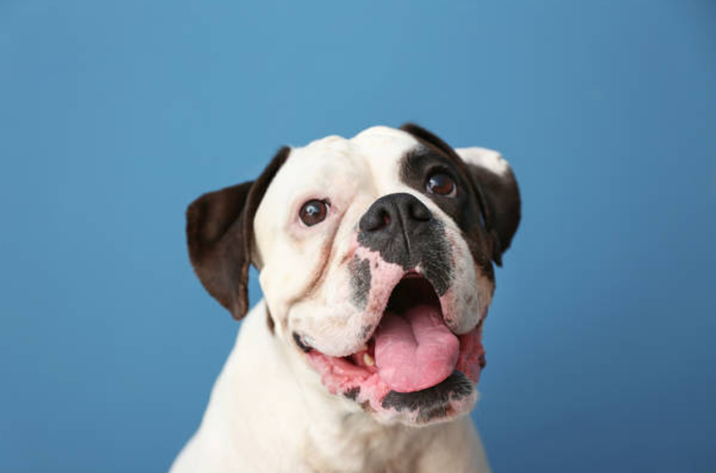Ten top tips to keep your dog healthy
Well-known small animal medicine specialist, Dr Philip H Brain, shares his advice on keeping dogs healthy and happy.

As dog owners, we often feel helpless when something happens to our pet. One way to feel reassured is to practice good preventative medicine to minimise the need to seek veterinary attention for your dog. Of course, if you are in any doubt about the health of your pet, please call your veterinarian who will be happy to advise you about your dog’s health.
by Philip H Brain BVSc FANZCVS FAVA, registered small animal medicine specialist
1. Routine tick prevention
Ticks are deadly to your pet and within a few days can cause your dog to start vomiting, become wobbly and have difficulty breathing. If you see these signs take your dog to your vet as soon as possible. There are many effective preventatives that can minimise the risk of these deadly parasites.
2. Foods dogs shouldn't eat
Never feed onions, garlic, chocolate or grapes to your dog. All these seemingly harmless foods that cause your dog problems. Onions and garlic, if given in large enough quantities, can cause anaemia. Chocolate can cause trembling and heart racing. Grapes can occasionally cause kidney issues. It is safest to avoid them altogether.
3. The best food for dogs
Feed a good quality commercial food to your dog – good quality commercial foods, in the main, are the most reliable, consistent and nutritionally balanced diet you can give your pet. You generally get what you pay for, but most reputable brands do an excellent job in meeting the nutritional needs of your dog.
4. Raw bones and dogs
Avoid raw bones as raw meat, especially chicken, can give your dog Salmonella and other infections. If the bone is eaten in one gulp this can often cause an oesophageal (food gullet) or intestinal obstruction.
5. Shelter and fresh water
Always provide shelter and fresh water. This almost goes without saying, but - especially on hot days - have plenty of water available and nice sheltered areas in your yard so your dog does not overheat, especially those breeds with short faces (brachycephalic dogs), like Pugs, Chow Chow and Pekingese.
6. Preparing dogs for hot weather
Never leave your dog in the car. On hot days, your car is like an oven and this heat can be fatal within minutes. Go easy on the walks as well, especially in long-coated breeds. Consider a nice summer shot clip for your pet. Be prepared for hot weather by learning how to stay cool and avoid risks for yourself and your dog.
7. Prepare pets for bushfires and other emergencies
In times of emergency, you need to have an action plan that includes transporting your pets to safety. Consider what to do if no one is home and have a contingency escape plan with neighbours or friends to help out your pets. Get yourself and your pets prepared for any emergency with one of our easy to use tools.
8. Best ways to walk dogs
Always walk your dog on a lead, unless in a dedicated dog park. Off leash exercise is wonderful for your dog, but most dog fights and car accidents can be prevented by sensible supervision and responsible control when out on walks.
9. Keep your dog lean
Obesity can cause many diseases in your dog, including diabetes mellitus, cancer, and respiratory disease. Weight can also make arthritis more difficult to control in dogs. A lean body weight may add many years to your dog’s life.
10. How often to take your pet to the vet
Have (at least) an annual check-up at your vet. When you think of your pet's life span, an annual check-up is equivalent to us seeing a doctor every 5 to 10 years. It is important not to miss this valuable opportunity to pick up disease early, and discuss preventative medicine with your family vet.
In an emergency, first aid matters as much to animals as to humans – that's why we’re sharing first aid tips to help your furry friends.
We thank Dr Brain for donating his time and knowledge to support us and Pet First Aid
First Aid for humans
Learn first aid and mental health first aid for your human friends and family through a nationally-recognised Red Cross course near you.
Pet First Aid
Just like humans, pets can injury themselves or become ill. Pet First Aid courses and kits help keep your pets safe and happy.
Charity donations of $2 or more to Australian Red Cross may be tax deductible in Australia. Site protected by Google Invisible reCAPTCHA. © Australian Red Cross 2024. ABN 50 169 561 394